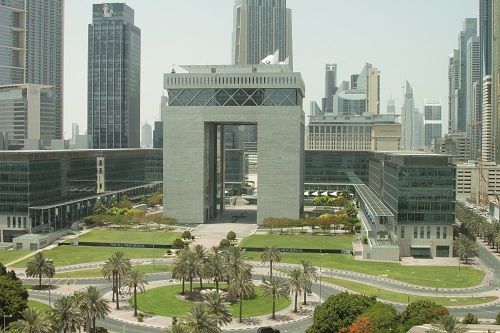Dubai approves XRP under its virtual assets regime

- Ripple says approval allows licensed firms to incorporate XRP into their crypto asset services.
- CEO Brad Garlinghouse notes that Dubai continues to grow as a global leader in crypto regulation and innovation.
- Other cryptocurrencies allowed under the DFSA virtual asset regime are BTC, ETH and LTC.
Ripple has announced that the Dubai Financial Services Authority (DFSA) has officially approved the XRP cryptocurrency token under the regulator’s virtual assets regime.
The approval allows licensed firms in the Dubai International Financial Centre (DIFC) to integrate XRP into their virtual asset services, the blockchain company noted in a press release.
XRP joins BTC, ETH and LTC on DFSA’s list
DFSA’s approval of XRP brings the number of digital assets allowed under the regulator’s virtual assets regime to four, with the Ripple token joining Bitcoin (BTC), Ethereum (ETH) and Litecoin (LTC).
According to Ripple, the development could see XRP benefit from DIFC’s legal and regulatory clarity. The company also believes this has the “potential to unlock new regional payments and other virtual asset use cases on the XRP Ledger.”
Today’s announcement comes a few days after Ripple inked a strategic partnership with crypto exchange Uphold as it seeks to bolster its cross-border payments infrastructure. It also comes ahead of Ripple Swell, a flagship event set for Dubai on November 8-9, with headline speakers including Alya Al Zarouni, COO of DIFC; and Hensen Orser, the CEO of VARA.
Ripple CEO Brad Garlinghouse, commenting on the XRP listing, lauded Dubai’s continued approach to the regulation of digital assets, noting its role in “nurturing innovation.”
“It’s refreshing to see the DFSA encourage the adoption and use of digital assets such as XRP to position Dubai as a leading financial services hub intent on attracting foreign investment and accelerating economic growth. Ripple will continue to double down on its presence in Dubai and we look forward to continuing to work closely with regulators to realize crypto’s full potential,” Garlinghouse added.













